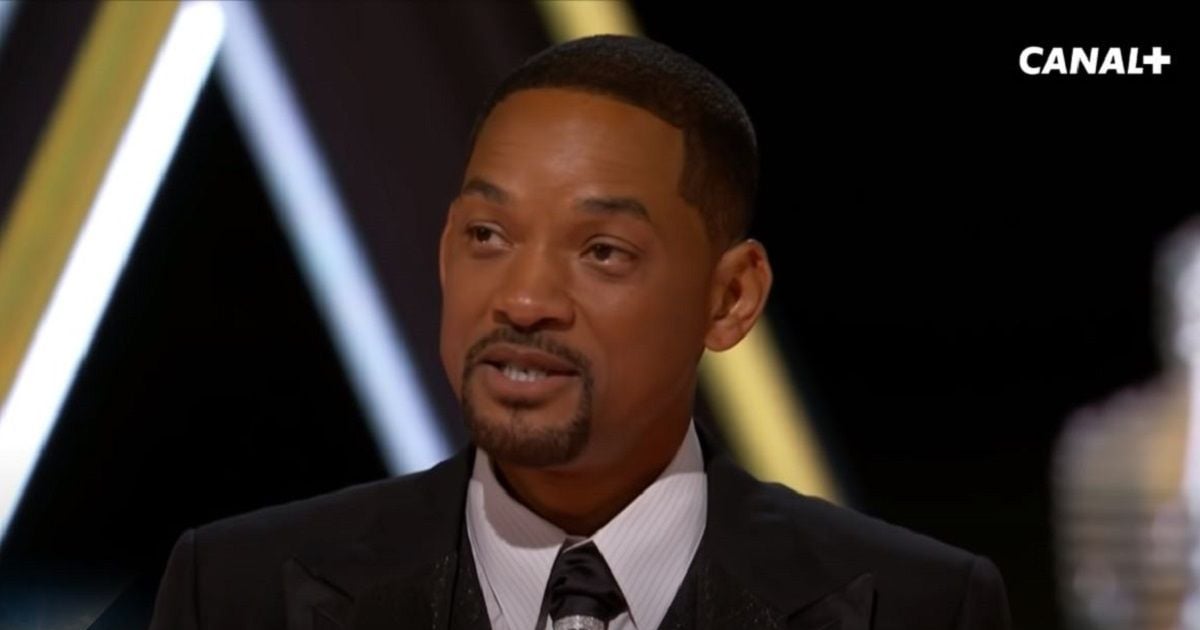The way in which armed conflicts have been represented for decades in the Western imagination, particularly through the cinema, could partly explain the latent racism that manifested itself in certain commentaries at the start of the invasion of Ukraine by the Russia.
Two weights, two measures. This is what is striking when we compare the political and media treatment of the war in Ukraine – and more specifically, but not only, that of the massive exodus that this conflict is generating – with the treatment (or non-treatment) of the multiple crises which have similarly affected African countries in recent decades.
Consider, for example, the statements of Charlie D’Agata, the special correspondent for CBS News, on February 25: “This is not a place […] like Iraq or Afghanistan […]. kyiv is a relatively civilized city”, he said to underline what the images shot in Ukraine were particularly shocking. War would therefore be “abnormal” in the West, “normal” elsewhere.
Mind-boggling statements
Let’s take a step back: how could the representation of war play on imaginations to the point of leading to such bewildering declarations?
In real life, no music accompanies the bombings or the exodus of civilians
Let us return, for example, to President Volodymyr Zelensky’s speech to the United States Congress on March 16. I was struck to hear music accompanying the images of the destruction of the city of Kharkiv to illustrate what Ukrainian civilians go through on a daily basis.
As if we needed, to see reality (the horror of war), to use the codes of fiction (sound and musical dressing). As if we were incapable of grasping what war really is when what we perceive of it in reality does not sufficiently resemble the image we forge of it through fiction.
In real life, no music accompanies the bombardments or the exodus of civilians. However, the images of war seem more realistic and more touching to us when they are closer to those we see in the cinema or on television, music included.
Strange reversal, which underlines the complexity of the articulation between fiction and reality, and its importance in our perception of events.
The Russian enemy implements Evil with intelligence, the African man, with savagery
However, not only do Westerners not see, or do not want to see, the images of war on the African continent, but what they see is often sifted through fiction – often big productions Americans. In these representations, the war “over there” is essentially savage, barbaric, uncivilized, to the point that it will drive the Western soldier who participates in it wild, even mad.
The latter will often come back broken, unfit for life in society, that is to say, precisely, for “civilized” life. As much as the Russian enemy is characterized by the intelligence with which he implements Evil (this was still the case recently in Black Widow or in the last James Bond), as much, in the African man, Evil is manifested by his savagery – for example in Beast of No Nation or in The fall of the Black Falcon.
Dominant stereotypes
And when the war is shown on the European continent, it is another elsewhere that takes shape: that of the “before”, that of the century or previous centuries. Westerners have therefore not constructed an imaginary of war compatible with their current so-called “civilized” societies (that’s another debate!). It is no coincidence that Emmanuel Macron used the term war to talk about the Covid-19 pandemic: war, the real one, seemed unimaginable at the time…
There is therefore a vicious circle between reality and fiction. Fiction takes up dominant stereotypes in reality, in this case racist. In doing so, it acts in return on our perception of reality and therefore on what really happens (here, the mobilization of Westerners in the face of this tragedy that is war). This game, like many others, is the Africans who pay the price.
–


